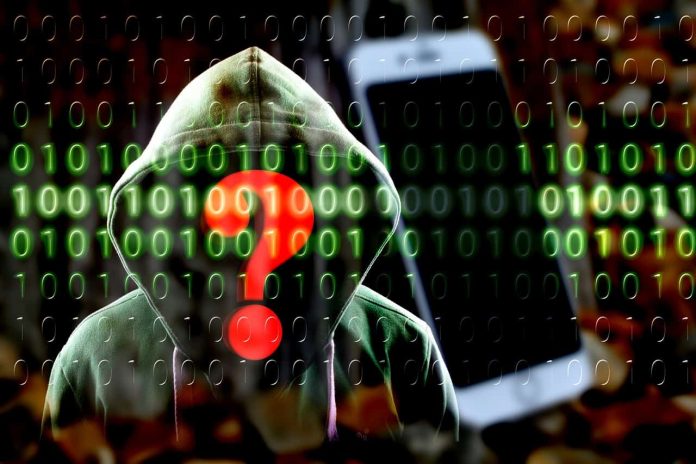Technology has made our lives easier in countless ways. However, it has also opened the door to new and creative scams. The FBI is now alerting smartphone users about a new, more dangerous variation of a scam that could put your personal and financial information at serious risk.
The scam is an evolution of a tactic known as “brushing.” In the original version, online vendors would send you unsolicited merchandise and then use your address to post a fake, positive review of the product. While that’s bad enough, this new version is far more malicious.
FBI warns about QR code “brushing” scam targeting smartphones
In this new “brushing” scam, criminals send you an unexpected package with merchandise you didn’t order. To entice you to open it, the package often has no sender information. The real threat, however, is a QR code found inside the package. The criminals want you to scan this code, which can do one of two things: it either directs you to a fake website designed to steal your personal and financial information, or it secretly downloads malicious software onto your phone.
The FBI’s Pittsburgh office warns that this malware can then be used to access your bank, securities, and credit card accounts, potentially wiping them out completely.
How to protect yourself
The FBI has issued a clear list of recommendations to help you avoid becoming a victim of this scam:
- Beware of unsolicited packages containing merchandise you did not order.
- Beware of packages that do not include sender information.
- Take precautions before authorizing phone permissions and access to websites and applications.
- Do not scan QR codes from unknown origins.
- If you believe you are the target of a brushing scam, secure your online presence by changing account profiles and request a free credit report from one or all the national credit reporting agencies (Equifax, Experian, and TransUnion) to identify possible fraudulent activity.
The best defense is to stay aware and be cautious. If something arrives at your door that seems too good to be true, it probably is. Following these simple steps can help you protect yourself and your finances from this new digital threat.
#Smartphone #Scam #Steal #Data

